Transcendence and Negation
Synopsis
The Buddha, upon the attainment of enlightenment, found out that the conditioned existence, whatever be its form or state, is basically and inherently characterized by pain. The conditioned existence is painful on account of it being insubstantial and impermanent and also due to it being subject to constant becoming. As life in the world is painful, so it is necessary to find out such a treatment by the application of which suffering as such could be transcended. The basic thrust of the Dharma of the Buddha, thus, is not to realize the telos of life in and through the world; rather it is to go beyond that which is given. It is the negation or transcendence of the given that the ultimate goal is reached, which is termed as nirvana or the extinction of suffering. Since it is not possible for every individual to reach this ultimate goal of nirvana, so Buddhism, particularly in its Mahayana version, devised a practical scheme in terms of which a Bodhisattva, seen as the embodiment of compassion, could come to the rescue of those who sought his help. As a religious idea, the compassion of a Bodhisattva for sentient beings became the basis of Buddhist spirituality, which meant that no more would one seek self-salvation unless each creature attained to the state of freedom from becoming. It is towards the salvation of others that a Bodhisattva works for, and not for his own salvation. The question that arises is this: Is this selfless compassion equivalent to the Christian charity which the Word, upon becoming flesh, expressed upon the Cross at Calvary? As Buddhism believes neither in the existence of a loving and living God nor in a substantial self, so the compassion of a Bodhisattva cannot be accorded with any ontic reality. As and when a Buddhist speaks of compassion, he treats it merely as an expedient means. In contrast with this Buddhist concept of compassion as an expedient means, Christianity treats love both as a means and as a goal of life. Moreover, love is seen as the very nature of God. As love has its source in God, so we are asked to love our neighbour as we love ourselves, and this love found its ultimate expression when offered himself as a victim upon the Cross for the remission of sins of mankind. What it amounts to saying is this: Christian idea of love radically differs from that of Buddhist compassion. It is this theme of love versus compassion that constitute the heart of the book.
Read more
18.90
17.01
$
21.00 $
Free delivery Wolrdwidе in 10-18 days
Ships in 1-2 days from New Delhi
Membership for 1 Year $35.00
Get it now and save 10%
Get it now and save 10%
BECOME A MEMBER


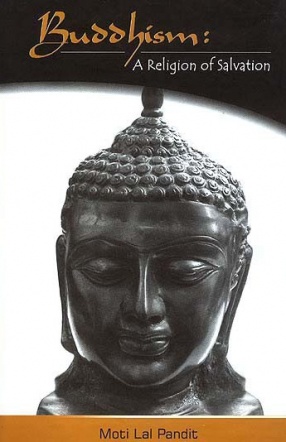
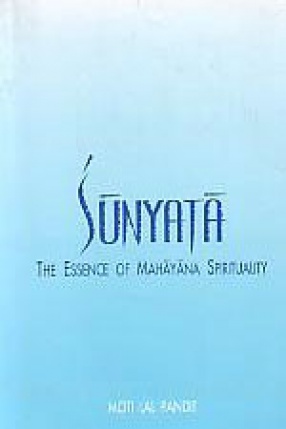
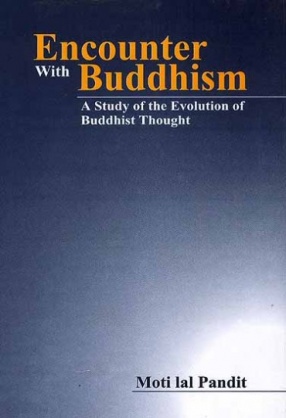
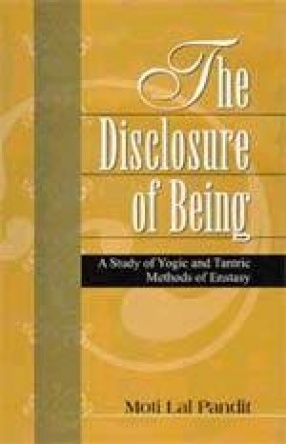
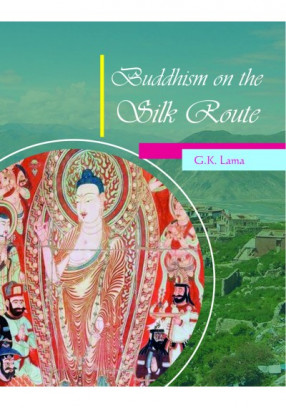
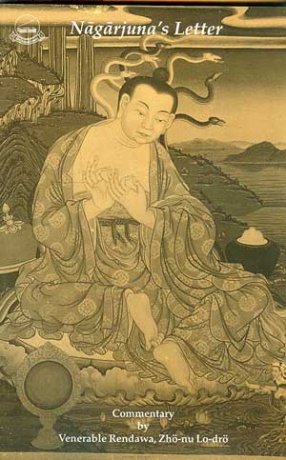
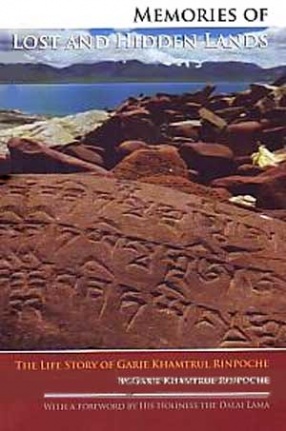
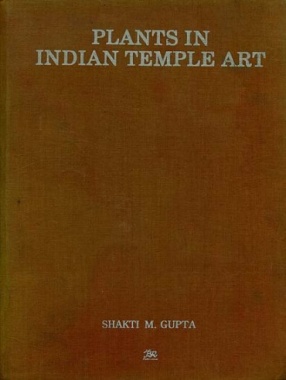

Bibliographic information